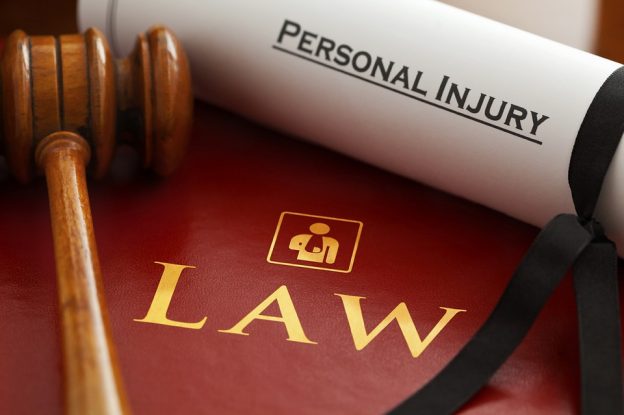Should You Always Accept Workers Comp When Injured?
Workers’ compensation exists to protect workers in all different industries, and it’s legally mandated in most states. When you’re injured on the job, you’ll likely breathe a sigh of relief, knowing that workers’ comp has you covered. But is it always a good idea to take workers’ comp, or are there situations where a better option is available?
The Basics of Workers’ Compensation
Let’s start by looking at workers’ comp in greater detail. What is it, and how does it work? The general idea is that workers’ comp is a form of insurance held by employers, designed to pay out if and when a worker is hurt on the job. If you sustain an injury while you’re “clocked in,” workers’ comp will pay for any and all medical expenses and lost wages that occur as a result of that injury, including long-term recovery options like physical therapy.
This sounds like a good thing, but there’s one important caveat in place. If you decide to accept workers’ comp, you’ll be forfeiting any potential rights you had to pursue a personal injury lawsuit against your employer. If you don’t take workers’ comp, you may be able to earn more compensation by pursuing legal action against your employer.
Reporting Your Injury
If you’re injured on the job, there are a few things you’ll need to do, no matter what. Focus on these if you’re not sure what to do.
First, get to safety and prevent any further injuries. If you can, take immediate action to prevent these injuries from occurring to anyone else on the premises. Then, if it’s an emergency, get medical attention immediately; depending on the extent of the injury, that may mean calling an ambulance or driving to the hospital.
It’s also important to report your injury to a supervisor when it happens. If you have a few minutes, they may request your help in filling out an official report on behalf of the employer. Feel free to do this, and double check their work to make sure all the details, as you remember them, are recorded. If you have the awareness to do it, see if you can also gather evidence about the injury, including eyewitness testimonies and photo or video footage; this may be important later.
Even if you’re not sure whether you should accept workers’ comp, it’s important to get medical attention for your injuries. These medical expenses will serve as a form of documentation for your injury, and prove that you treated it appropriately. Be sure to keep all your records, including how much you paid and when.
Talking to a Lawyer
If there’s any doubt in your mind about whether you should take workers’ comp, it’s a good idea to talk to a lawyer early in the process. Your lawyer will review your case, decide whether you have a good chance of succeeding, talk through your options with you, and provide a recommendation on where to go from there. Most lawyers offer free consultations, so there’s no harm in asking. You can also choose to take workers’ comp after your consultation.
Factors to Consider
So should you take workers’ comp, or try to file a personal injury lawsuit?
These are the factors you’ll need to consider:
- The nature of the injury. First, you’ll need to think about how the injury occurred. Did you make a dumb mistake and hurt yourself, or was this a result of someone else’s negligence? If the injury was someone else’s fault, or due to lax employer standards, you should consider a personal injury suit more seriously.
- The extent of the injury. You’ll also want to think about the extent of the damages of this injury. The more serious the injury, the higher your expenses will be, and the higher the stakes will be. A small cut or a few bruises is usually not worth filing suit over.
- Your access to evidence. Do you have photo evidence, video evidence, or multiple people on your side? This can really help your case. If your version of events conflicts with someone else’s, and you don’t have access to much evidence, you may not have grounds to file suit.
- Your employer relationship. Also consider your relationship with your employer. Are they habitually ignoring safety standards and putting workers at risk? A personal injury suit could force them to reevaluate their actions. Have they always treated you well in the past? Workers’ comp may be a better option.
It’s tough to say on your own whether it’s better to pursue a personal injury suit or accept workers’ compensation, especially if you have no experience in the legal field. Make sure you get a professional opinion before you decide how to move forward.
Author: Anne Johansson
Talking to a sexual harassment attorney: Know when to seek help of a lawyer
How to Minimize Personal Accident Risks at a Construction Site: Look After Your Own Safety















